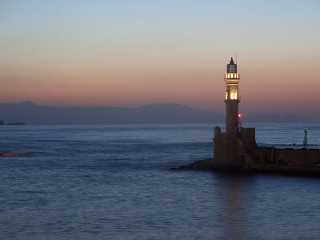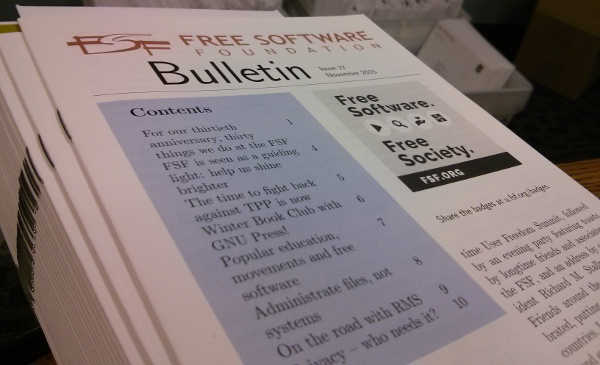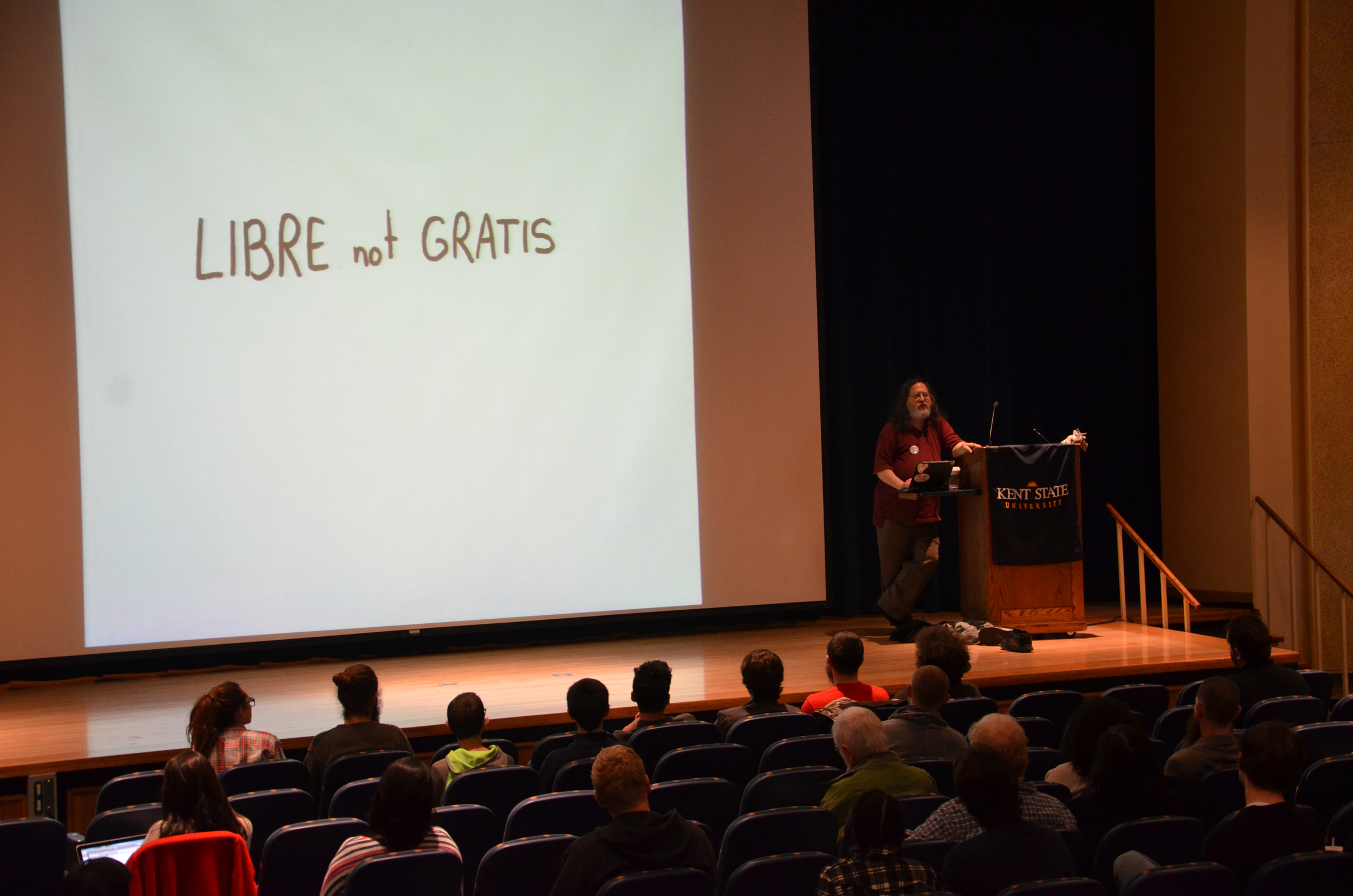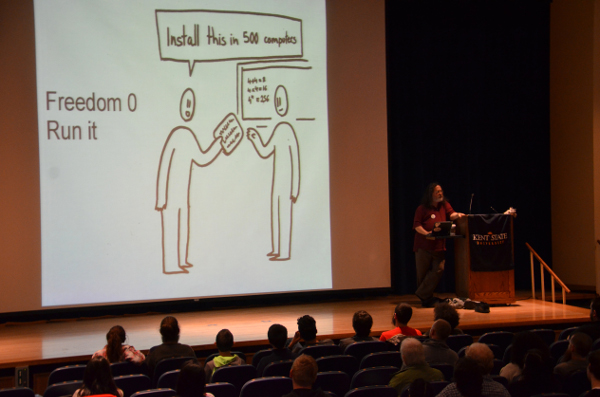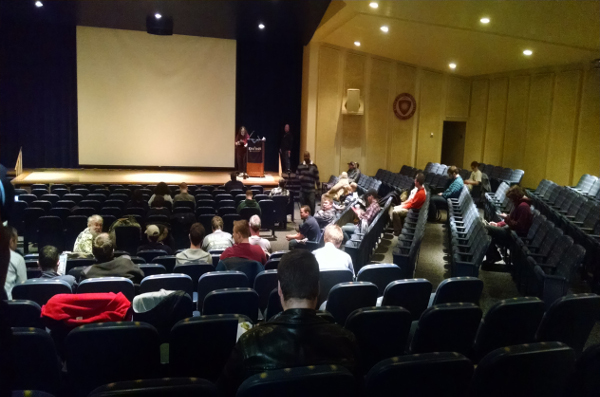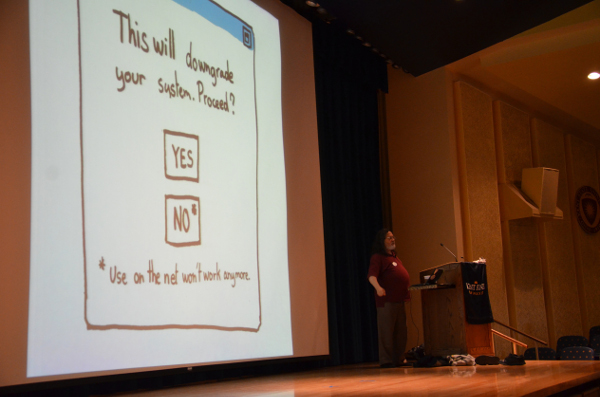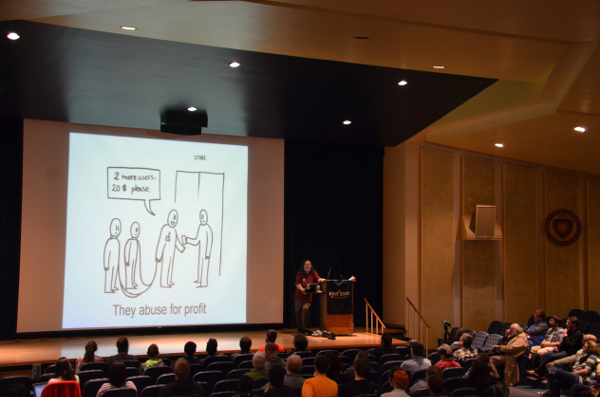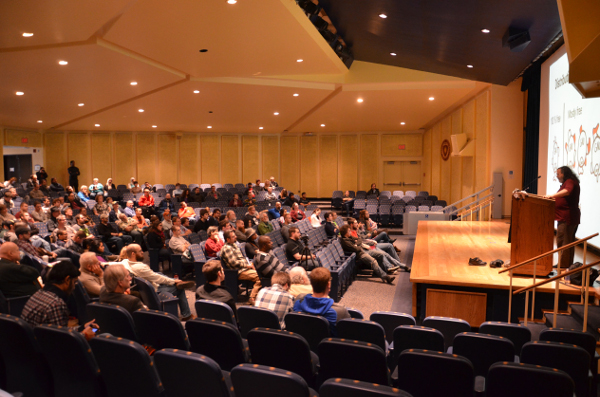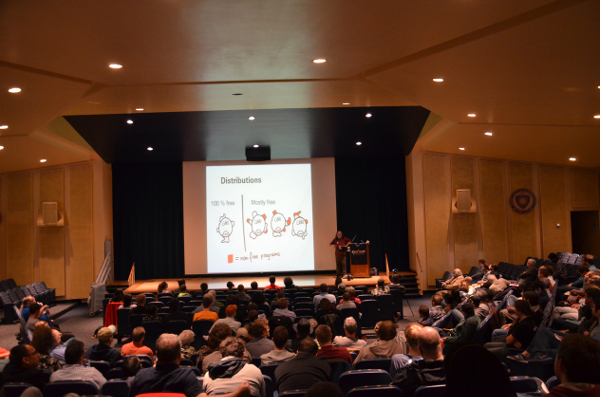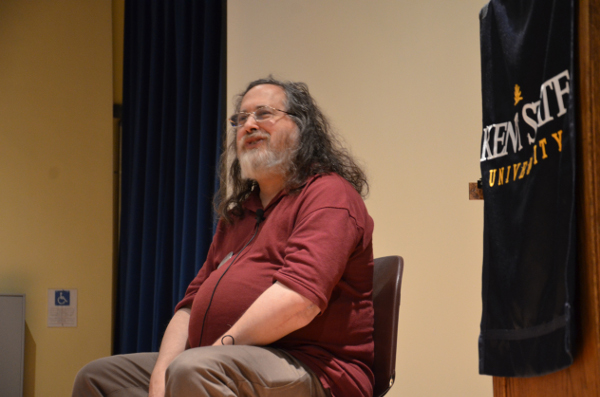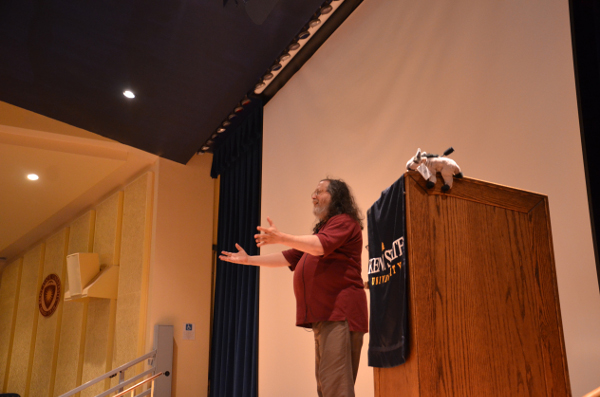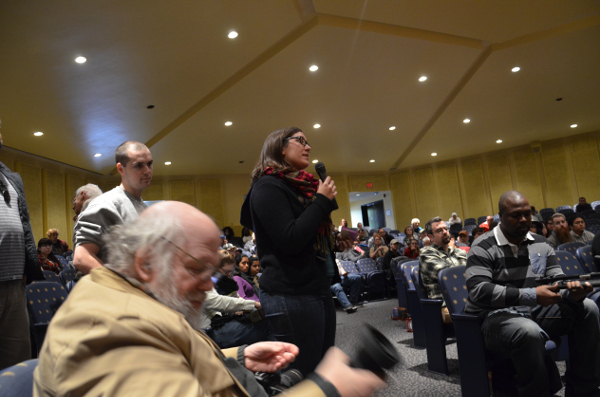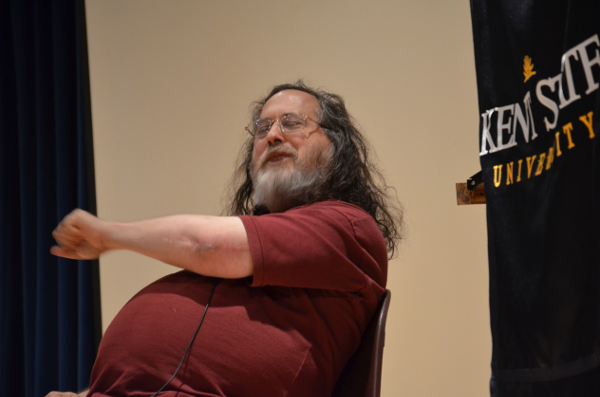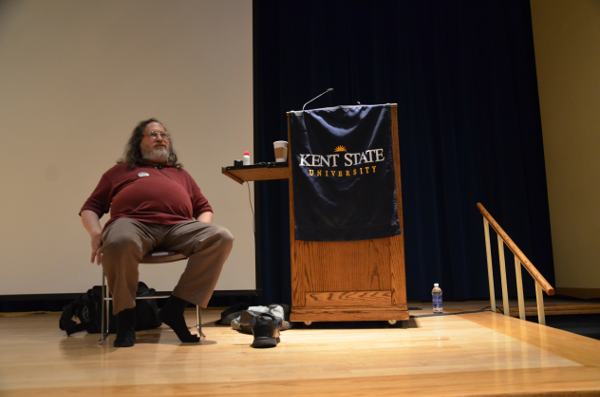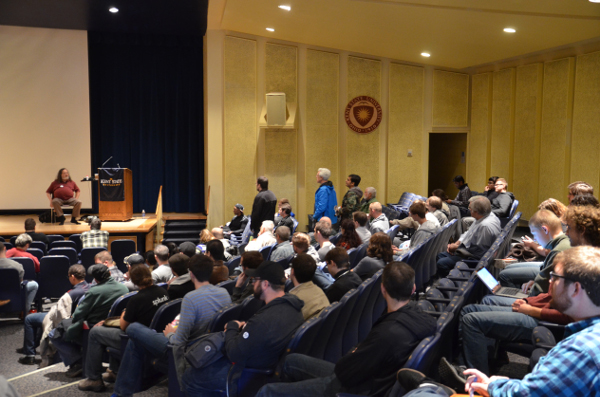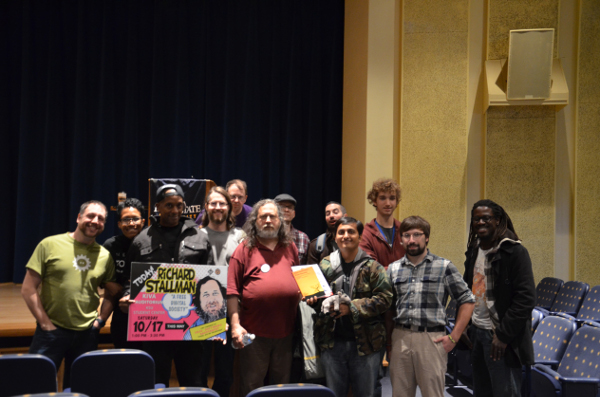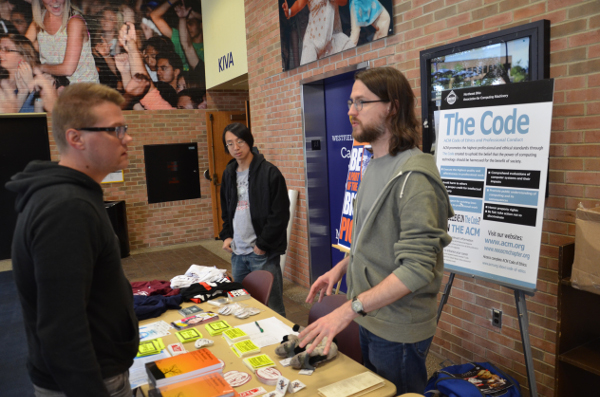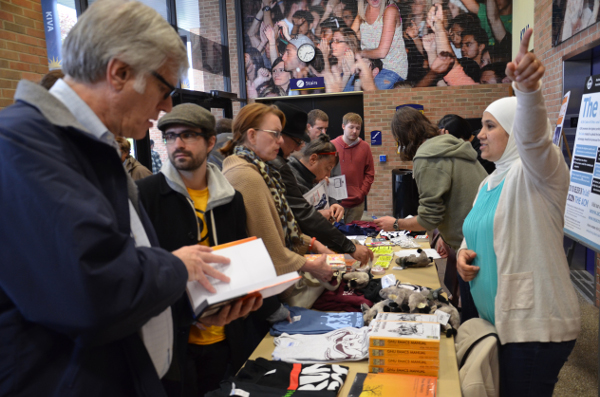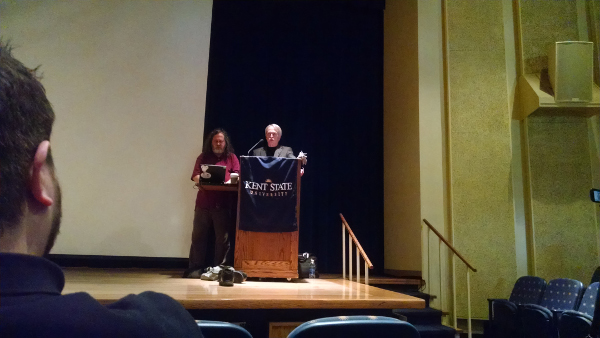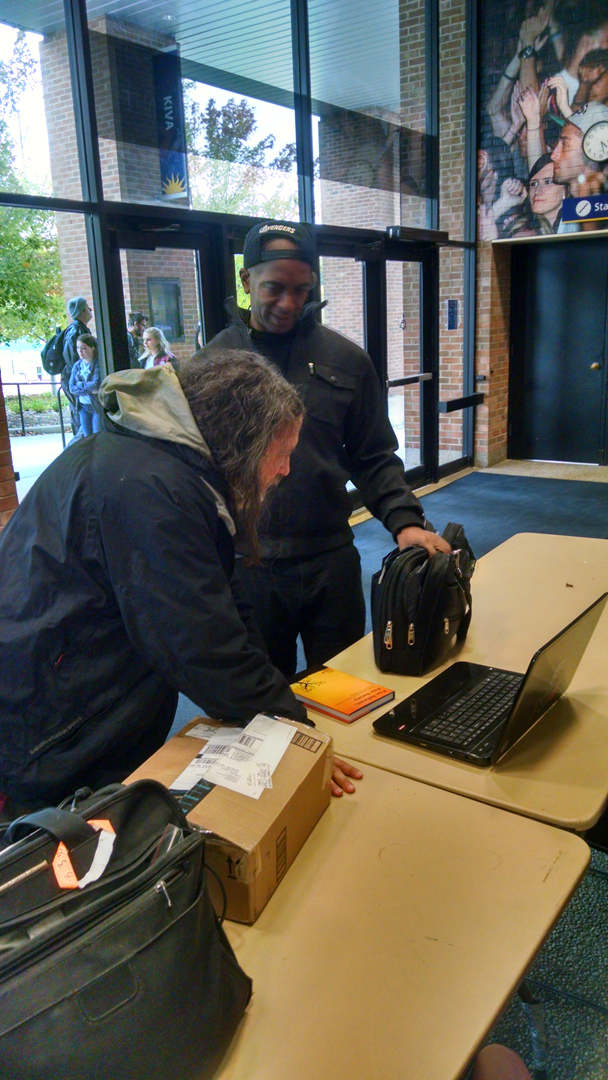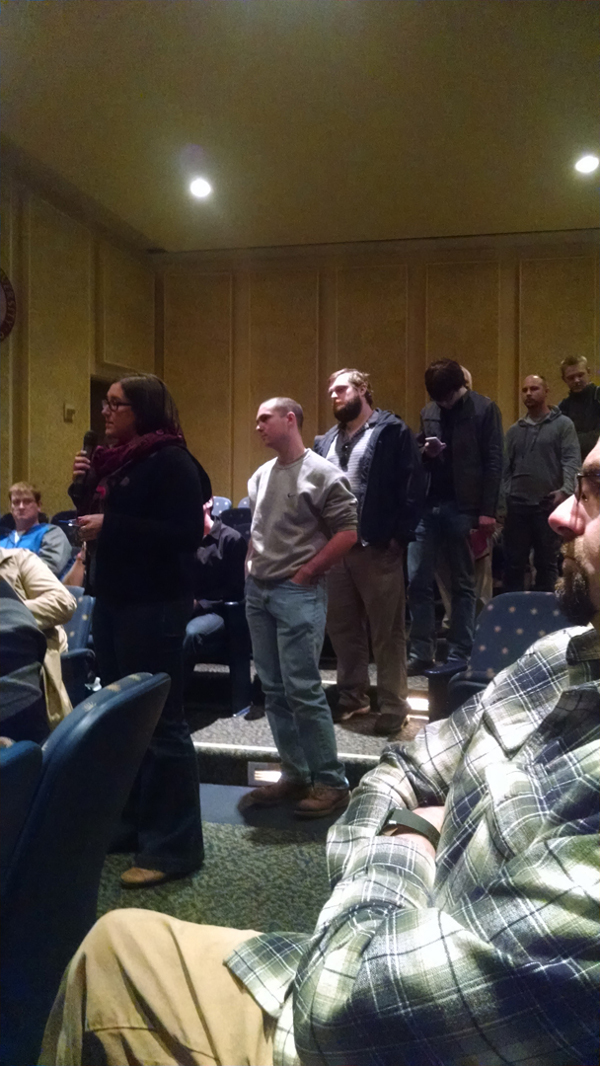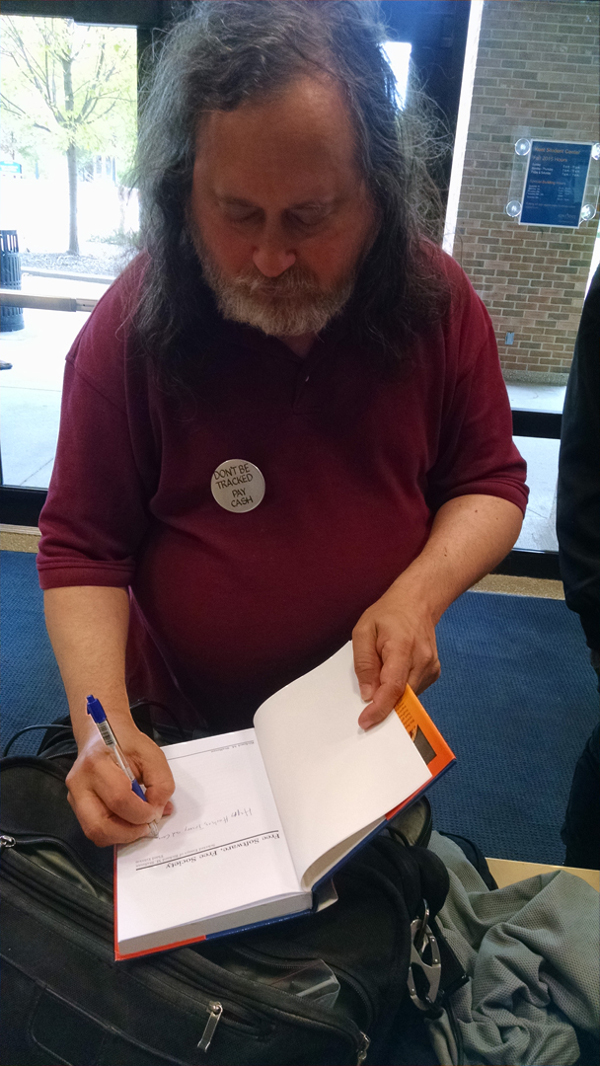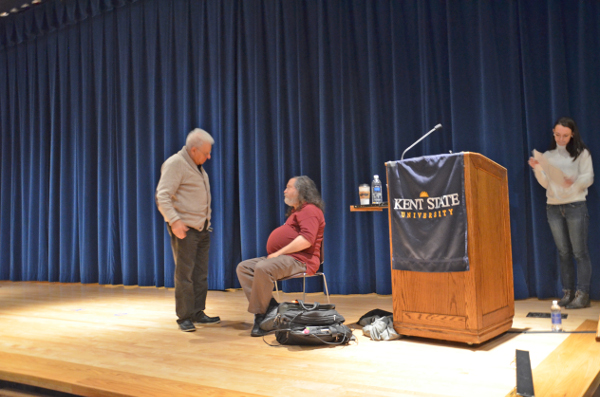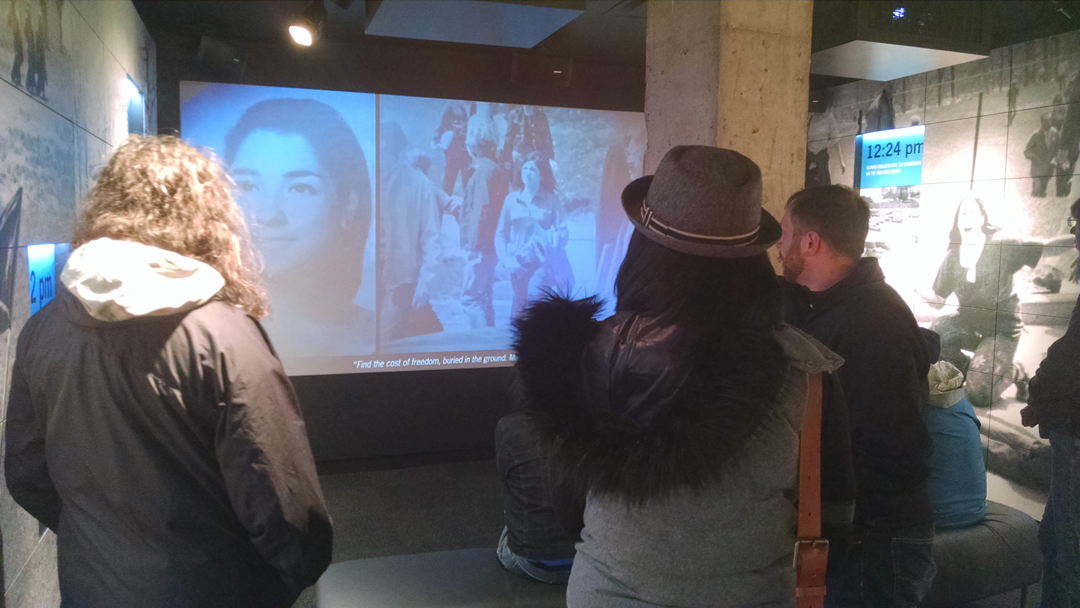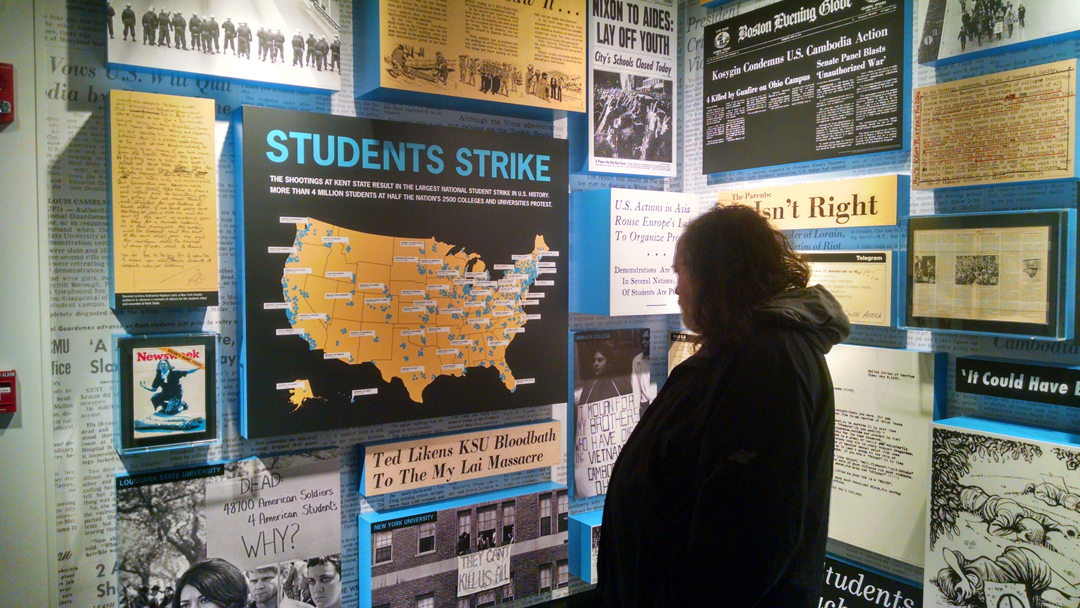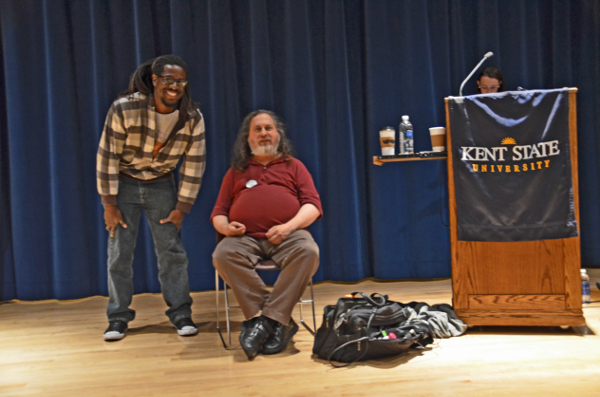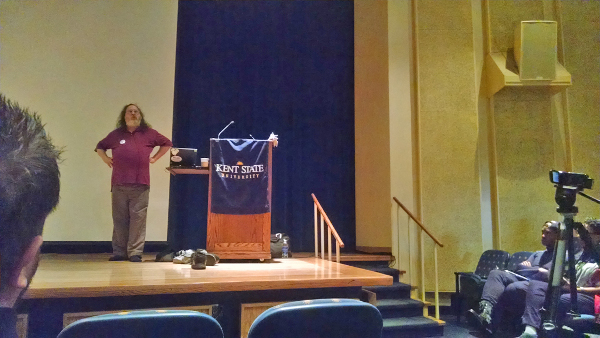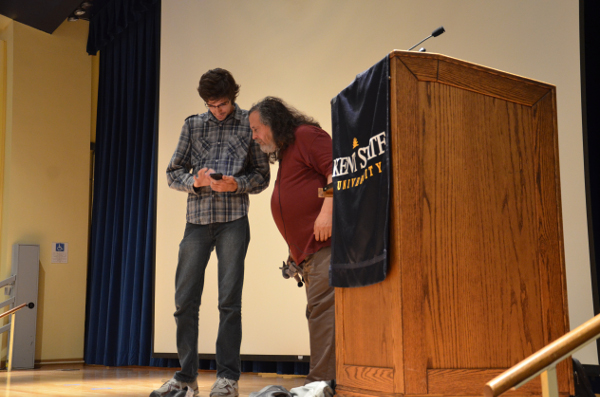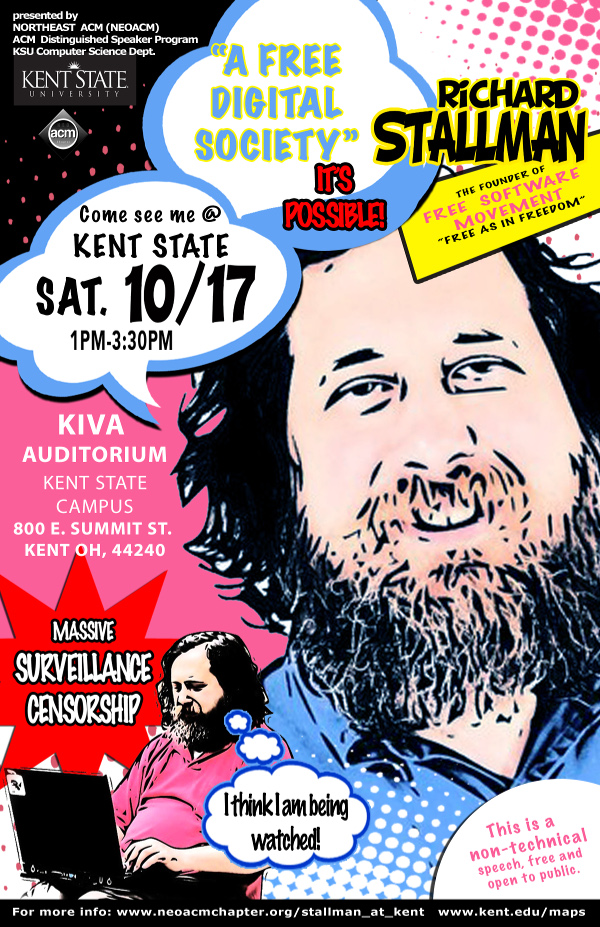By 12/15: Send us comments to rally the Dept. of Ed. toward free licensing
lundi 7 décembre 2015 à 22:58These proposed regulations are meant to facilitate public reuse of works funded by Department of Education grants. Currently, as explained in the NPRM, grantees are allowed to make their federally-funded works proprietary. The Department of Education receives a special license to share the works with the public, but in practice it rarely does so. Worse, teachers and students absolutely cannot use them in freedom (except for those few that happen to be made free).
Since the course materials are works of practical use, they should carry the four freedoms of free software, just as programs and manuals should.
The proposal would require grantees to publish the works under an "open" license. In the case of software, they may be thinking of "open source", which is not quite as strong as free; in the case of courseware, many "open" courses are not free. The flaw in the proposed specific rules is that they don't require that the license permit redistribution of modified versions. Without that freedom, the works will be nonfree.
With a small change, this proposal will more clearly do what is needed. The small change is to add "redistribution of modified versions" to the list of uses these works must permit users to do.
If you are a US citizen or you are living in the US, then you can help make that change happen by submitting a comment advocating it.
If you are not a US citizen, then we hope you will use this as an opportunity to reach out to the department of education or the appropriate government rule makers in your own country and encourage them to adopt similar rules -- ones that require grant funded works of a functional nature be distributed under free licenses. If you do contact your own government with such a request, please, email licensing@fsf.org and let us know!
Unfortunately, submitting a comment digitally requires the user to run nonfree JavaScript (JS) code. We are taking a stand against that by submitting the FSF's comment another way. We are going to submit it by post so that it gets to the DOE by Friday, December 18th (the date comments are due).
To help you submit a comment without running the US government's nonfree JS, we offer to print and send your comment along with ours. To do that, we need to receive your comment by email sent to licensing@fsf.org with the subject "DOE comment" by 12:00PM EST on December 15th. We can print PDF files, ODF files and plain text. You need to follow the rules for submissions 100%, because we don't have staff to correct even minor errors. The eRulemaking Initiative has some guidance on how to write a good comment. But in the very least: your comment should clearly cite the above referenced NPRM, it should express your support for these proposed regulations, and it should cite the exact section (§3474.20 (a)) that you believe should be updated and why you think it should, including any relevant personal or professional experience or knowledge.
We may skip comments that are too long or that are inconsistent with the goal. Please say in your email message whether you give permission for us to publish your comment.
While we would like to deliver a large packet of comments to the Department of Education, you can also mail your own: address them to Sharon Leu, U.S. Department of Education, 400 Maryland Avenue SW., Room 6W252, Washington, DC 20202-5900.
In addition, if you are interested in becoming a cosigner to the comment the FSF is going to write and submit, then please email us at licensing@fsf.org with the subject "DOE comment cosigner." In your email please provide your full name, city and state, and be aware that we will be making that information public as part of publishing our comment.
Lastly, there should be no doubt in your mind that the FSF's work in free licensing, licensing education, and advocacy has played a meaningful part in the circumstances that have lead to the US Department of Education reforming its policy from promoting proprietary works to one that requires the development of only free works. We know that the GNU GPL and the FSF's work in free licensing education serves as a guiding light to policy makers everywhere. But, in order for us to continue positively influencing public policy, we need your help: please, become an associate member or make a donation today.
